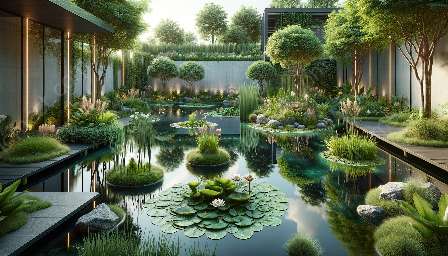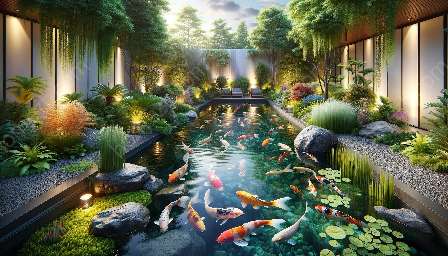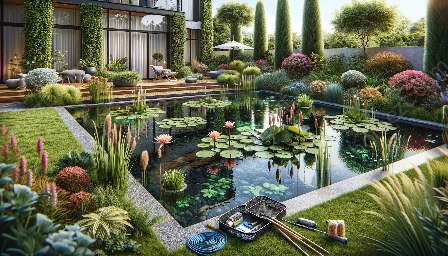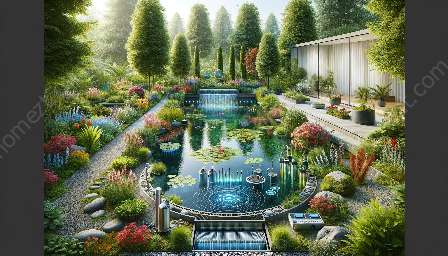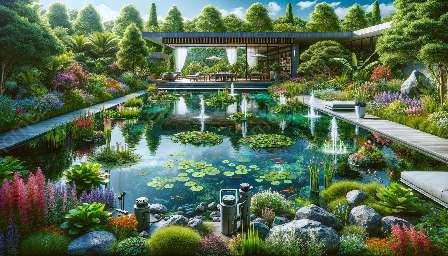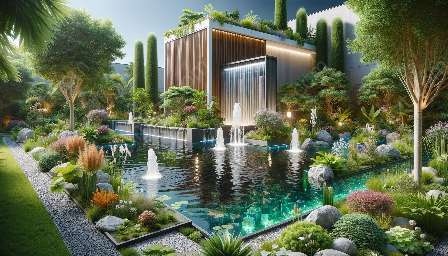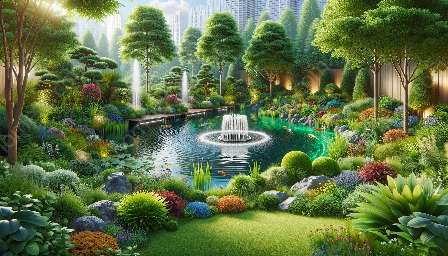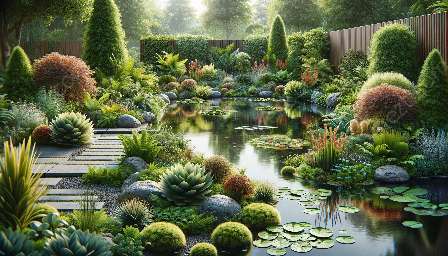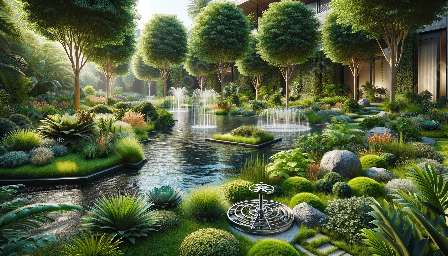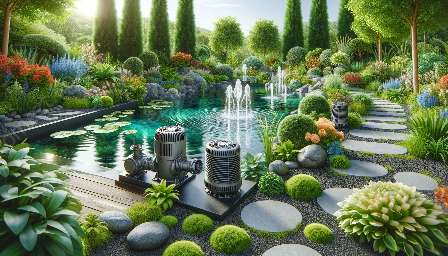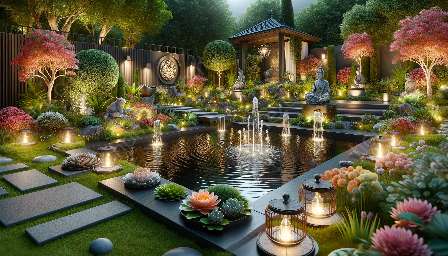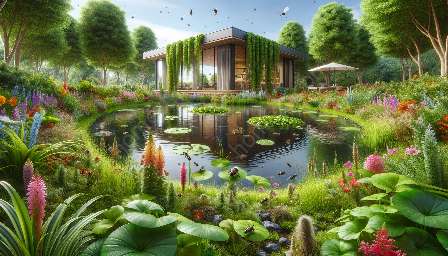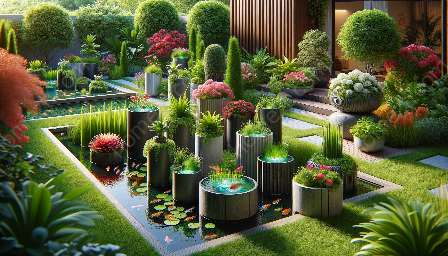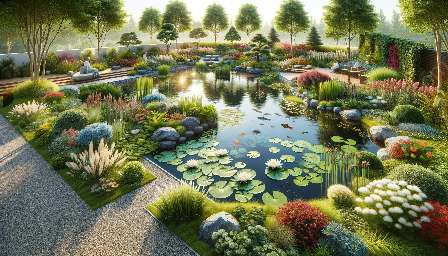Water gardens provide a serene and beautiful environment, but they are not immune to pests. Just as traditional gardens face pest challenges, water gardens can also be affected by various pests. Understanding the common pests that impact water gardens and learning how to prevent and control them is essential for maintaining a healthy and thriving water garden.
Common Water Garden Pests
1. Mosquito Larvae
Mosquito larvae are a common pest in water gardens. They thrive in stagnant water and can quickly multiply, posing a nuisance to humans and other wildlife. Additionally, they can transmit diseases such as West Nile virus and Zika virus.
Prevention and Control:
- Introduce mosquito larvae-eating fish such as Gambusia or Goldfish to your water garden.
- Install a fountain or aerator to keep the water surface moving, preventing the larvae from breeding.
- Use biological larvicides that specifically target mosquito larvae.
2. Algae
Algae can quickly overtake a water garden, turning the water green and making it cloudy. While algae are essential for a balanced ecosystem, an overgrowth can cause aesthetic and environmental issues.
Prevention and Control:
- Balance the water garden with the right mix of plants and algae-eating organisms, such as snails and tadpoles.
- Use natural algaecides that do not harm other aquatic life.
- Install shade-providing structures to reduce the amount of sunlight reaching the water, as excessive sunlight can fuel algae growth.
3. Aquatic Weeds
Aquatic weeds can quickly spread and take over a water garden, affecting the overall health of the ecosystem. Common aquatic weeds include duckweed, water milfoil, and water hyacinth.
Prevention and Control:
- Regularly inspect and manually remove any visible weeds from the water garden.
- Introduce herbivorous aquatic organisms like grass carp to control weed growth.
- Use aquatic-safe herbicides to manage weed populations.
Conclusion
By understanding the common pests that affect water gardens and implementing the appropriate prevention and control measures, you can maintain a healthy and thriving water garden. Regular monitoring and maintenance are key to preventing pest infestations and ensuring the longevity of your water garden ecosystem.

